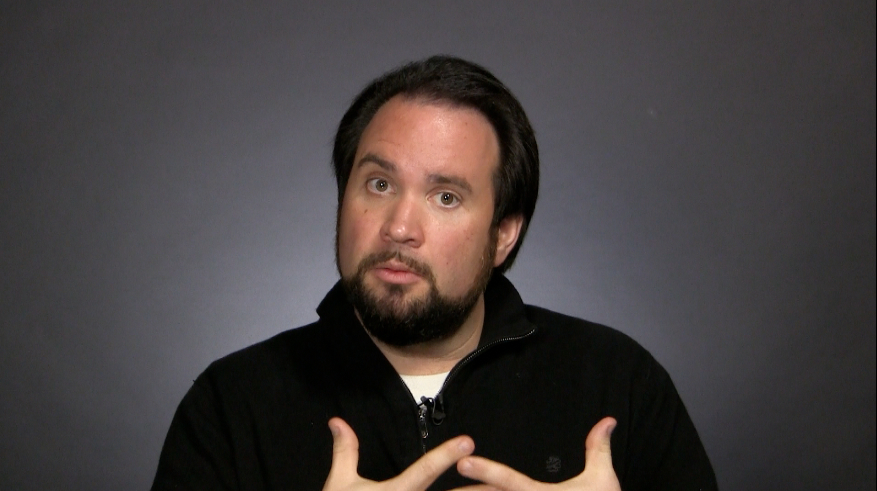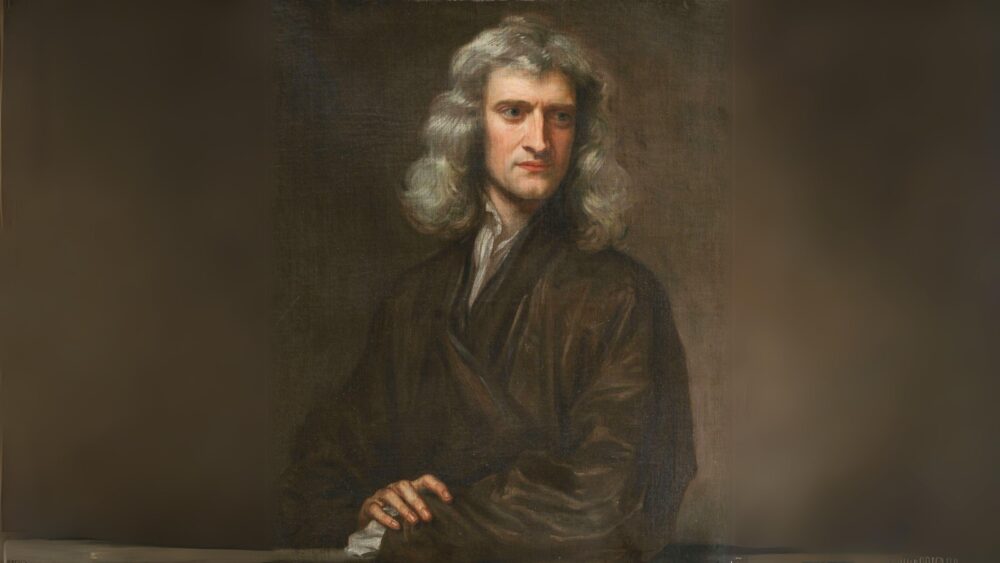
Podcasts
Discovery Institute Podcast


A Reading From The Big Bang Revolutionaries

How Finely Tuned Is Our Universe?
Mind Matters

Talk More, Tech Less: Digital Wellness Tips From Dawn Wible

The Non-Physical Nature of Being: More with Dr. Selmer Bringsjord

Exploring the Immaterial: A Conversation with Dr. Selmer Bringsjord
ID the Future
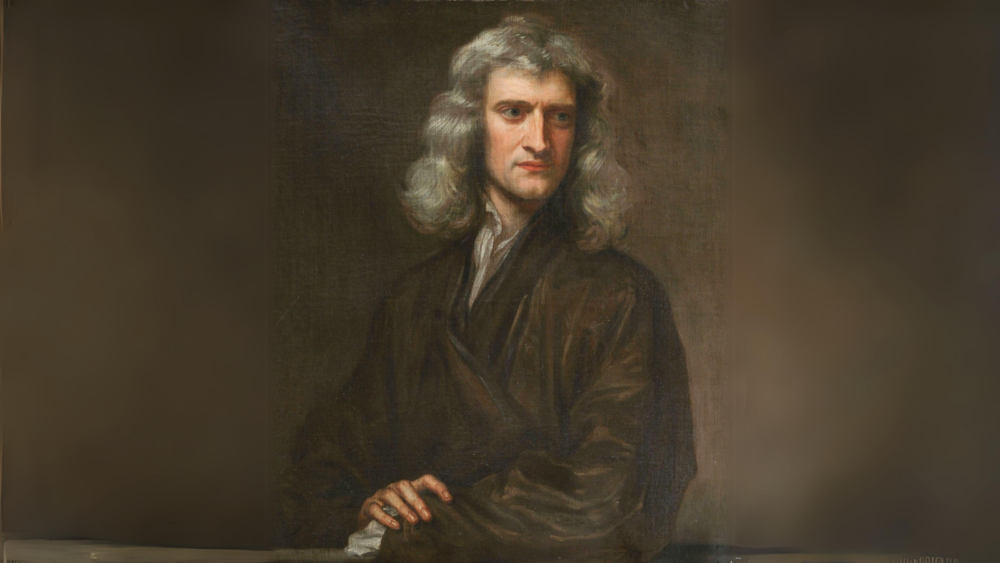
Stephen Meyer on Isaac Newton and the Scientific Revolution
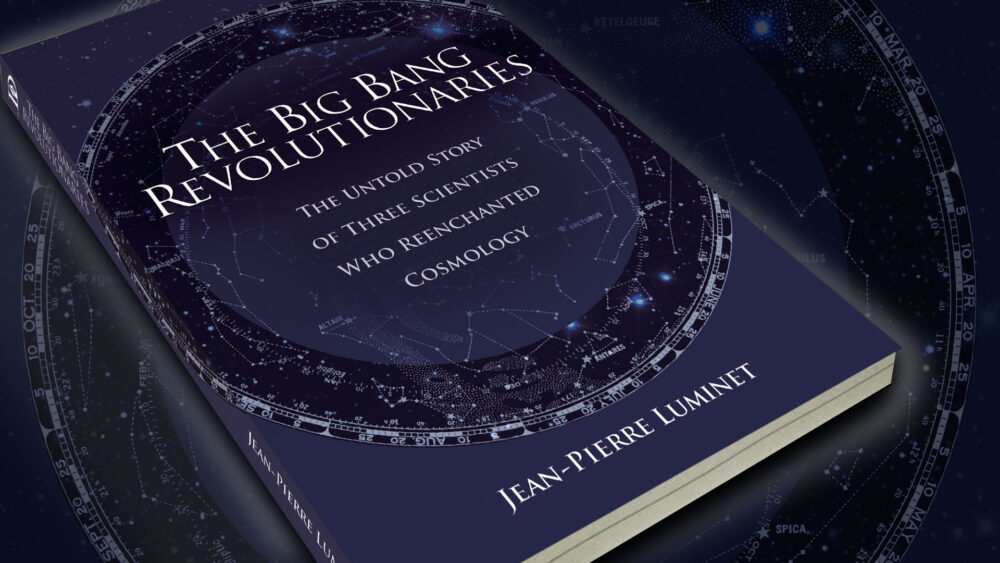
A Reading From The Big Bang Revolutionaries

How Finely Tuned Is Our Universe?
Humanize
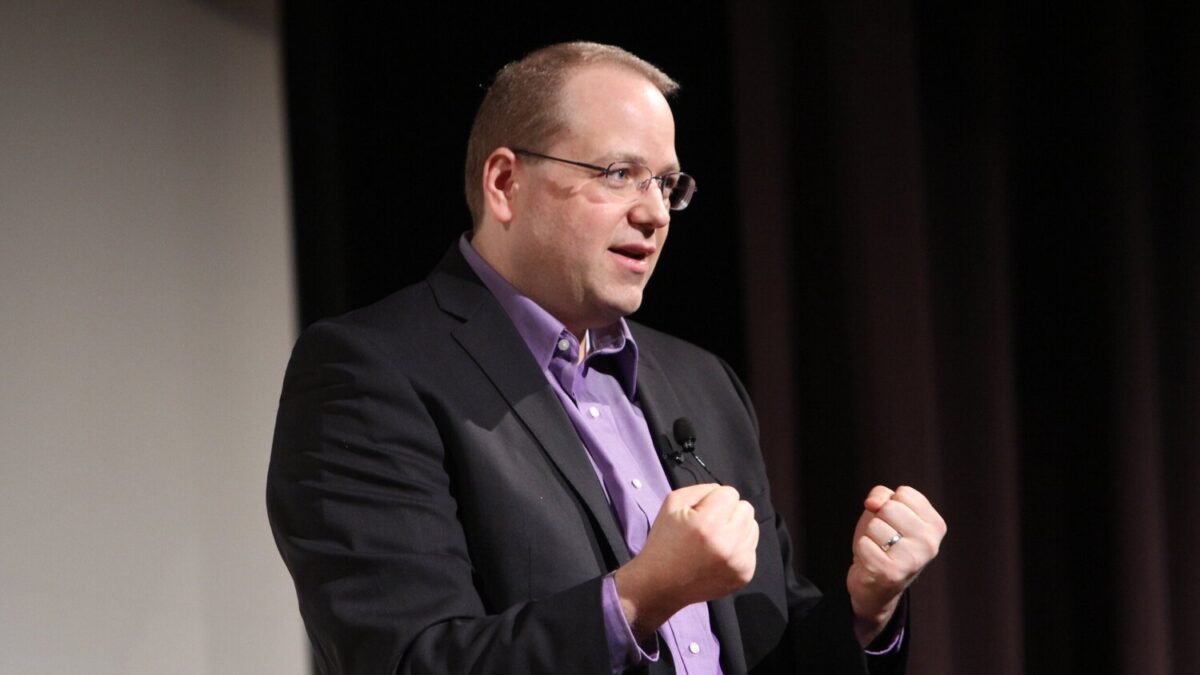
Thomas Linzey on the Nature Rights Movement
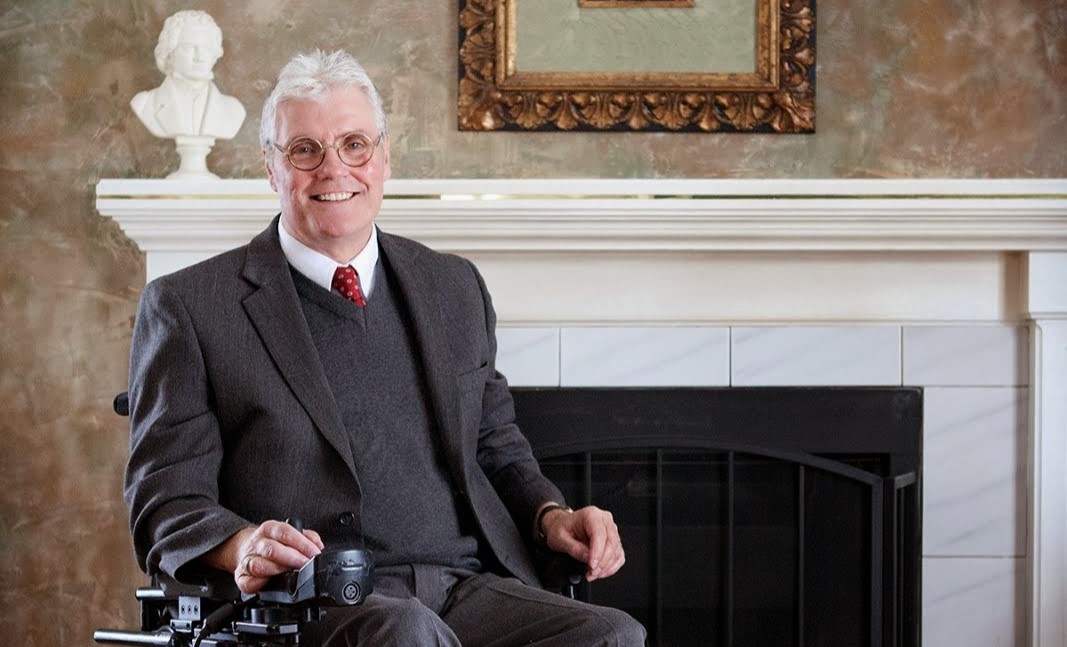
Mark Davis Pickup on Living with Intense Suffering and Experiencing a Miraculous Healing
